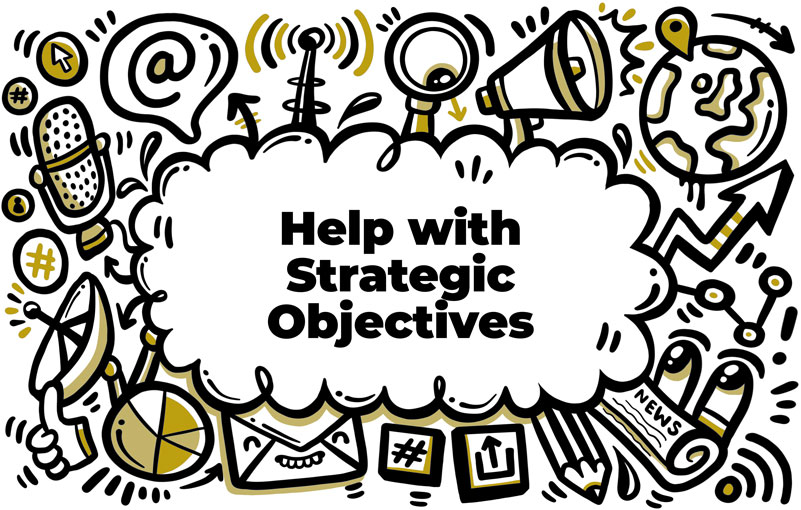Utilising WordPress to Enhance Your Website’s SEO | Tips & Strategies
Introduction: Unlocking the Power of WordPress for SEO
WordPress is an incredibly popular content management system (CMS), and for good reason. With its customisable features and user-friendly interface, it’s no wonder that more than a third of websites globally use this platform. But did you know that
WordPress is also a powerful tool for search engine optimisation (SEO)? In this article, we’ll explore how you can harness the potential of WordPress to improve your website’s SEO, with a focus on WordPress SEO plugins, on-page SEO, SEO-friendly themes, and website performance.
WordPress SEO Plugins: Boost Your Website’s Visibility
One of the best ways to optimise your WordPress website for search engines is by using WordPress SEO plugins. These plugins can help you manage and improve various aspects of your site’s SEO, such as meta tags, XML sitemaps, and structured data. Two of the most popular WordPress SEO plugins are Yoast SEO and All-in-One SEO Pack. Both of these plugins offer a range of features to help you optimise your content, such as keyword analysis, readability checks, and social media integration. By using a plugin like Yoast SEO or All-in-One SEO Pack, you can ensure that your website is fully optimised for search engines and that you’re following best practices for on-page SEO.
On-Page SEO: Crafting Content That Attracts Search Engines
When it comes to on-page SEO, content is king. High-quality, relevant content that provides value to your audience will not only keep them engaged but will also signal to search engines that your website is worth ranking highly. To improve your on-page SEO, consider the following tips:
- Write compelling, keyword-rich titles and meta descriptions to entice users to click on your links in search results.
- Include your focus key phrase and related keywords throughout your content, but don’t overdo it – search engines may penalise you for keyword stuffing.
- Break up your content with subheadings (H2 and H3) to make it more accessible and easier for search engines to crawl.
- Use internal and external links to help search engines understand the structure of your website and to provide value to your readers.
SEO-Friendly Themes: The Foundation of a Well-Optimised Website
Your choice of theme can have a significant impact on your website’s SEO. A well-designed, SEO-friendly theme will not only look great but will also be built with clean, lightweight code that helps search engines index your site more efficiently. When choosing a theme, look for one that:
- Has a responsive design to ensure your website looks and functions well on all devices.
- Supports schema markup, which helps search engines understand your content better and can improve your search results appearance.
- Offers good compatibility with popular SEO plugins, ensuring seamless integration with your website’s optimisation efforts.
Website Performance: Speed Matters for SEO
Finally, it’s essential to consider your website’s performance when optimising for SEO. Search engines, especially Google, place great importance on page load speed when determining search rankings. To optimise your website’s performance, consider implementing the following strategies:
- Use a caching plugin, like WP Rocket or W3 Total Cache, to store static versions of your pages, reducing server load and improving load times.
- Optimize your images by compressing them and using appropriate file formats to ensure they load quickly without sacrificing quality.
- Minimise the number of plugins and scripts you use, as these can negatively impact your site’s performance.
- Choose a reliable hosting provider that offers fast server response times and a solid uptime record.
By focusing on WordPress SEO plugins, on-page SEO, SEO-friendly themes, and website performance, you can significantly improve your website’s search engine rankings and attract more organic traffic. With the right strategies and tools in place, your WordPress website can become an SEO powerhouse.



